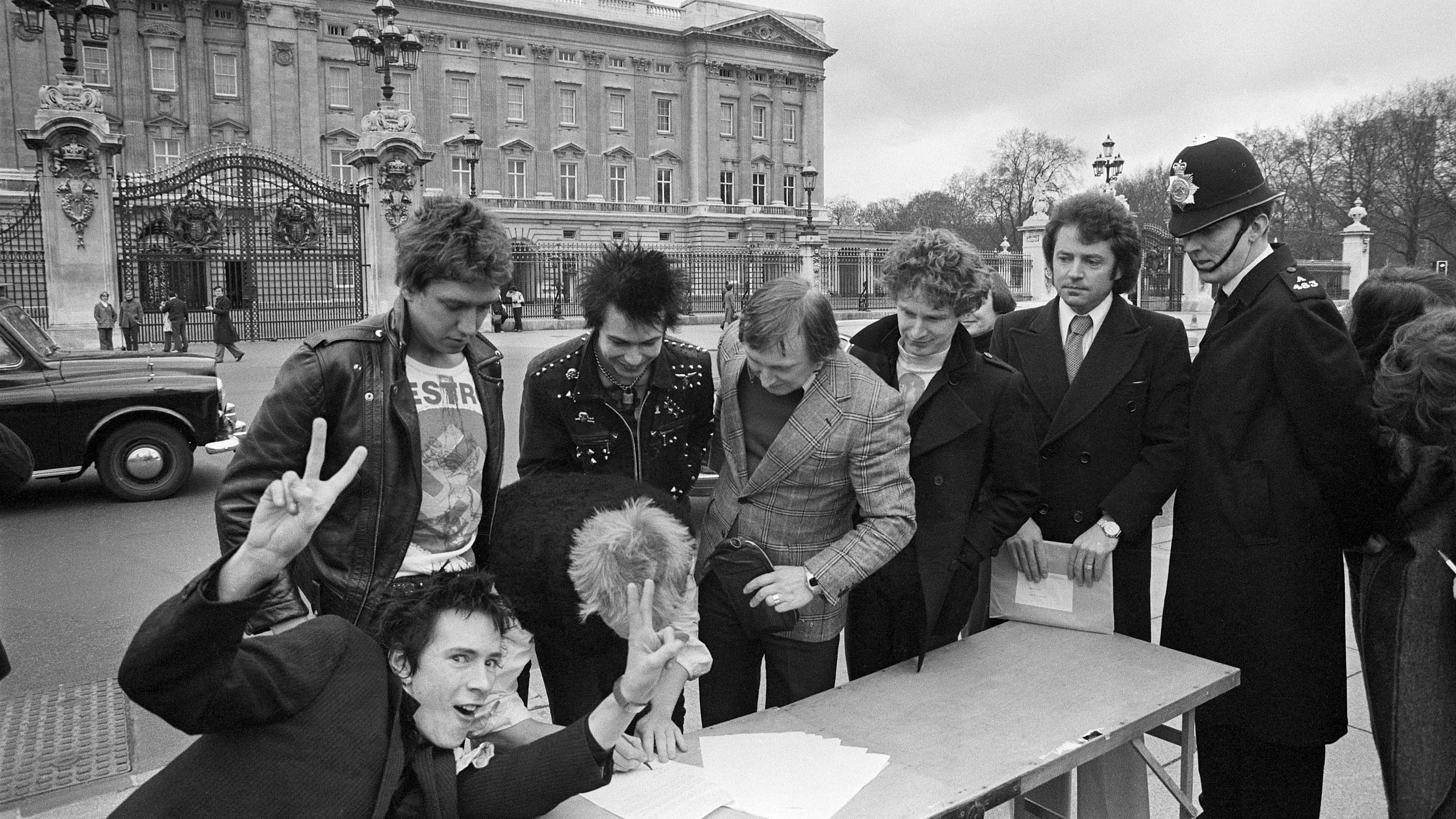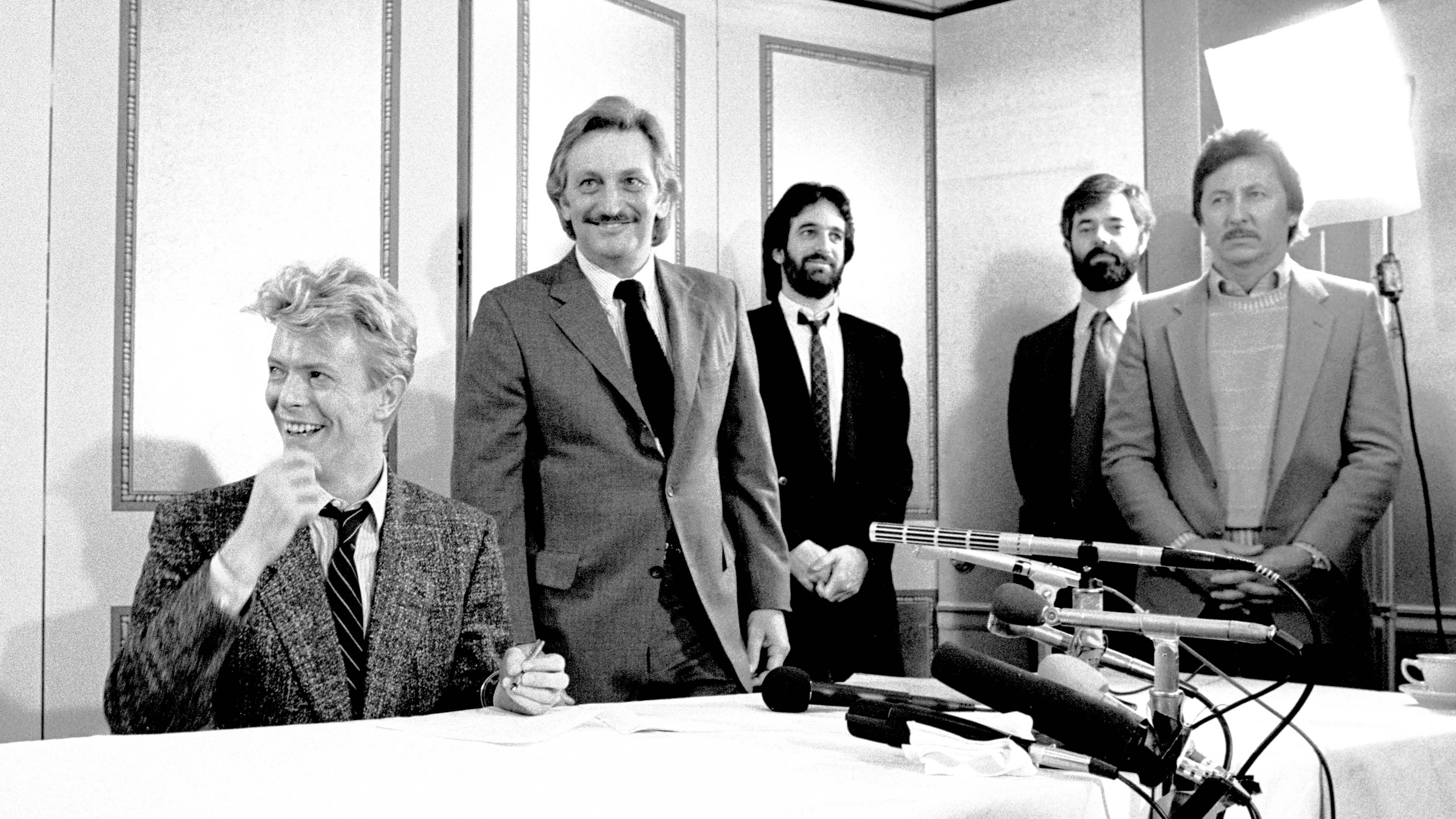
Want all the hottest music and gear news, reviews, deals, features and more, direct to your inbox? Sign up here.
You are now subscribed
Your newsletter sign-up was successful
When signing a record deal, one clause can be the difference between earning royalties and carving out a successful music career and losing your vision and control of your own creation.
Navigating the intricacies of rights, royalties and payments in music contracts can be hugely challenging and it is an important step to ensure the success of a music artist.
Recent high-profile examples of music law disputes, such as Raye’s contract with Polydor and Taylor Swift’s fallout with Big Machine Records, has only highlighted the importance for artists to ensure they are aware of their rights and exactly what is included in their contracts. Pete Bott, Head of the Music Law team at Blacks Solicitors, shares his insight into the top five things for recording artists to look out for before signing on the dotted line.
1. Exclusivity
Many artists assume that they can evade exclusivity provisions by changing their original artist name or setting up additional side-projects with different band members
One of the most common questions asked to music lawyers and labels before signing a record deal is exclusivity and whether an artist will be able to release music with any other labels or independently once a deal is signed. The main aim of an Exclusivity Clause is to create restrictions on what the signed can or cannot do with other parties.
With the current high volume of music releases, it’s important to ensure that artists have an outlet for regular release, which may in some cases involve multiple music labels or self-releases.
Many artists assume that they can evade exclusivity provisions by changing their original artist name or setting up additional side-projects with different band members.
Unsurprisingly, record labels are wise to these tactics and do their best to close-off any potential loopholes in contracts.
Want all the hottest music and gear news, reviews, deals, features and more, direct to your inbox? Sign up here.
If exceptions to exclusivity are important to an artist, the artist and their advisors should try to negotiate suitable provisions in initial stages. These may include permitted independent or ‘underground’ releases, or releases in different genres or under different artist names.

2. Earning and managing royalties
Music royalties or a ‘royalty’ is best understood as one of the key forms of payment which are made to the creators of copyright works (such as songwriters, recording artists or producers) for the use of those works.
Before signing a record deal, recording artists should establish exactly what percentage of royalties they will be paid and how the royalties are calculated. Artists should also investigate further into whether fees are payable to producers, mixers or featured artists and whether these will be taken off their royalty share.
Royalty clauses can become very complex. If the basis of calculation is ‘dealer price’ or Published Price to Dealer (PPD), then there can be an array of reduced rates due to release format, territory and other matters.
If the basis of calculation is of ‘net receipts’, then the permissible deductions need to be scrutinised to protect the artist against excessive deductions from gross income.
3. Navigating the Rights Period
The ‘rights period’ is the period of time during which the record label will be the exclusive licensee of the artist’s recorded music.
Traditionally, this rights period was for the life of copyright, however, shorter rights periods are becoming increasingly common. Having said that, many major label contracts now contain clauses that give the label the option (at their discretion) to extend the initial rights period by paying a further advance.
This may be subject to the artist notifying the label that the initial period has expired, so the artist needs to be aware of the relevant date.
Artists should ensure that they understand the rights period they are agreeing to and the exact date that rights to their work will be returned to them. This is especially important when considering a long-term career, as artists may want future deals for recordings once rights are returned to them.
Additionally, recording contracts usually have clauses which prevent the re-recording of songs released by the label. Artists should try to ensure that these restrictions are for as short a time as possible.
A recent and well-known example of an artist benefitting from the end of a re-recording restriction is Taylor Swift’s creation of ‘Taylor’s Versions’ of her early albums after falling out with battle with former record label, Big Machine Records.
4. Funding
Under a record label contract, an artist may or may not receive advances or funding to support them during the process of recording the music and then promoting it on release.
Artists must establish whether advances are payable and what are the contractual budgets, for example; marketing, recording, video recording, artwork or any other associated costs. It’s important for all artists to have the very best chance of ‘rising above the noise’ and making an impact with releases and this in some cases will require significant budgets.
Key things for artists to consider include:
If the artist is required to pay for recording costs out of their personal advance;
If the label is providing a budget for ‘out of house’ PR or marketing;
Will all of this budget be recoupable from the artist’s royalty;
Will the label support the artist’s live performance business with tour deficit funding, also known as ‘tour support’.

5. Ancillary Rights
Ancillary rights are often included in record deals and mean that an artist may have to share income from activities other than recording with their record labels. In the current industry climate, ancillary rights clauses are thankfully starting to disappear.
However, when the label insists on some right to receive ancillary income, the artist and their advisors should ensure appropriate protections are included, such as a minimum per-show ‘shelter’ on live net income before payments need to be made to the label.
Before signing any deal, artists should establish whether the income they make from live performances, merchandising, sponsorship, endorsement and other revenue streams is to be shared with the record label or any other third parties.
These sums can be significant and can dramatically impact the total earnings an artist makes.
For more information and advice on music law, consider consulting a specialist, such as the good people at www.lawblacks.com/music

After a successful career in the music industry as a performer, producer and songwriter, Pete trained as a Solicitor and qualified at Blacks Solicitors in 2012, and is now a Partner and Head of Music Law.